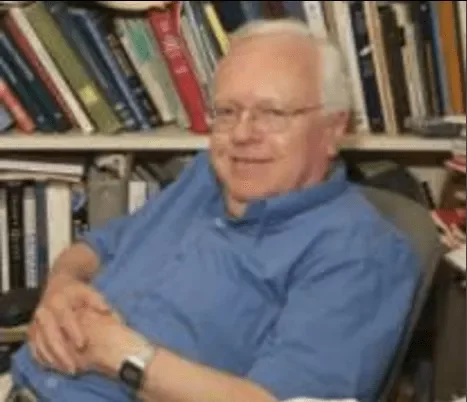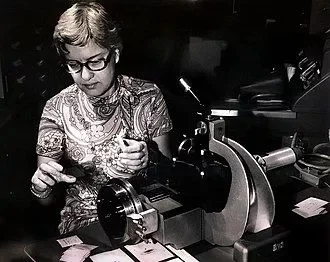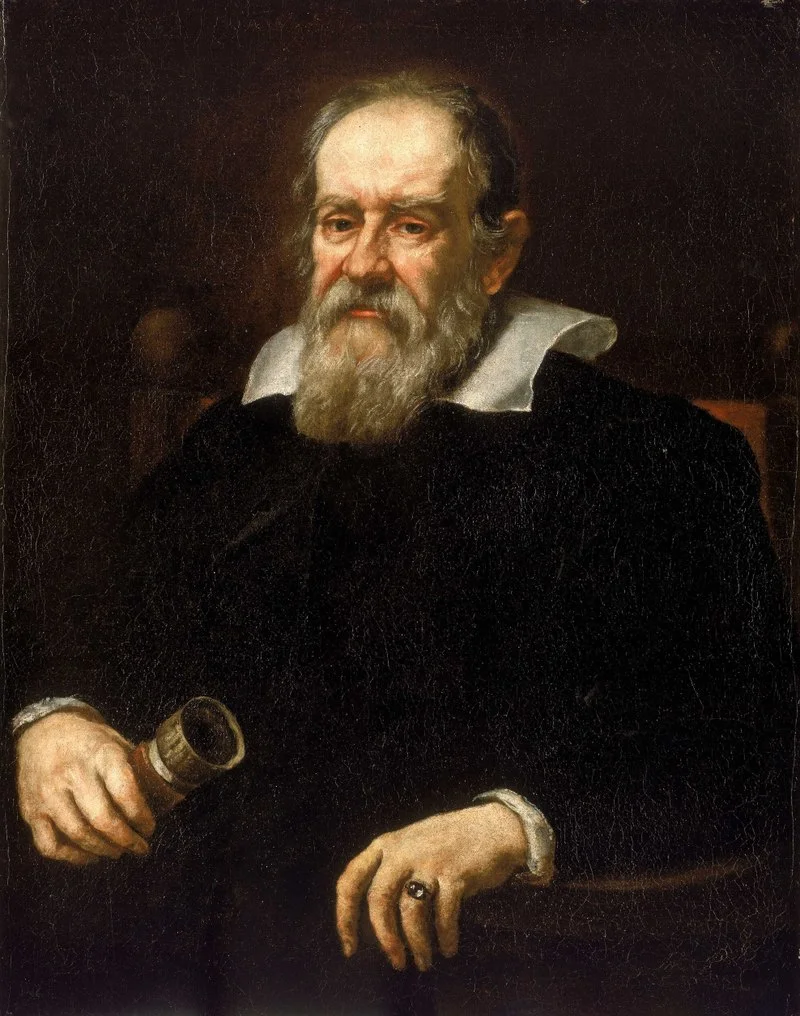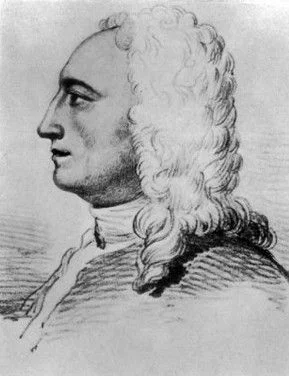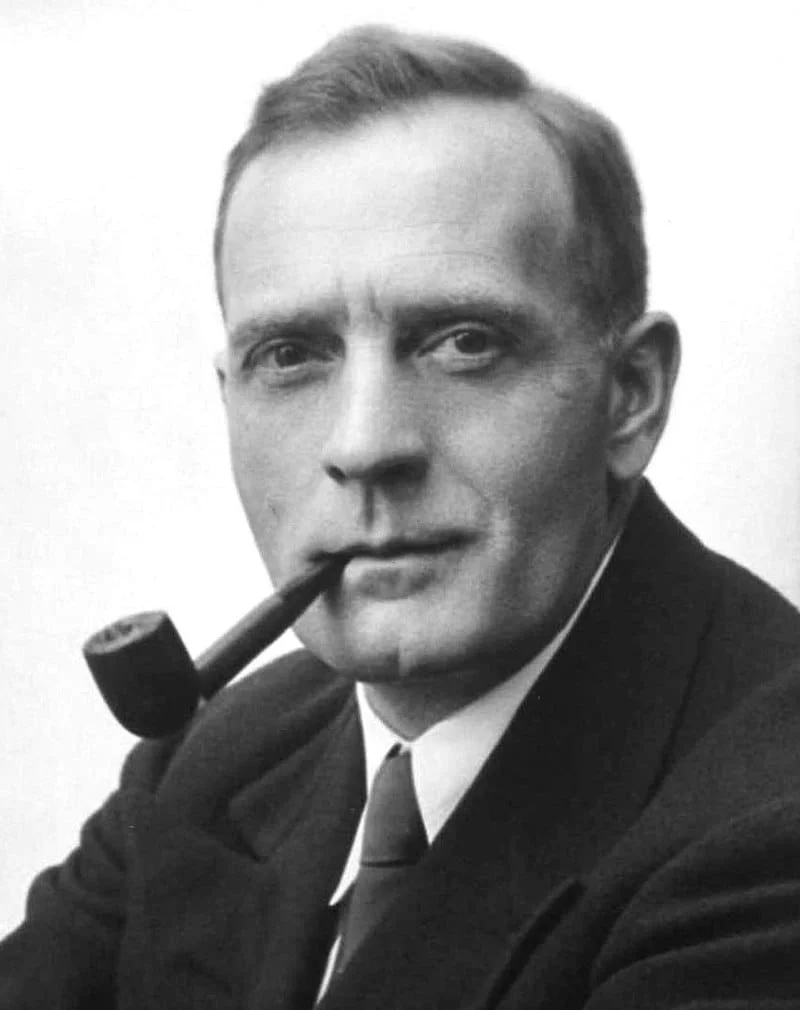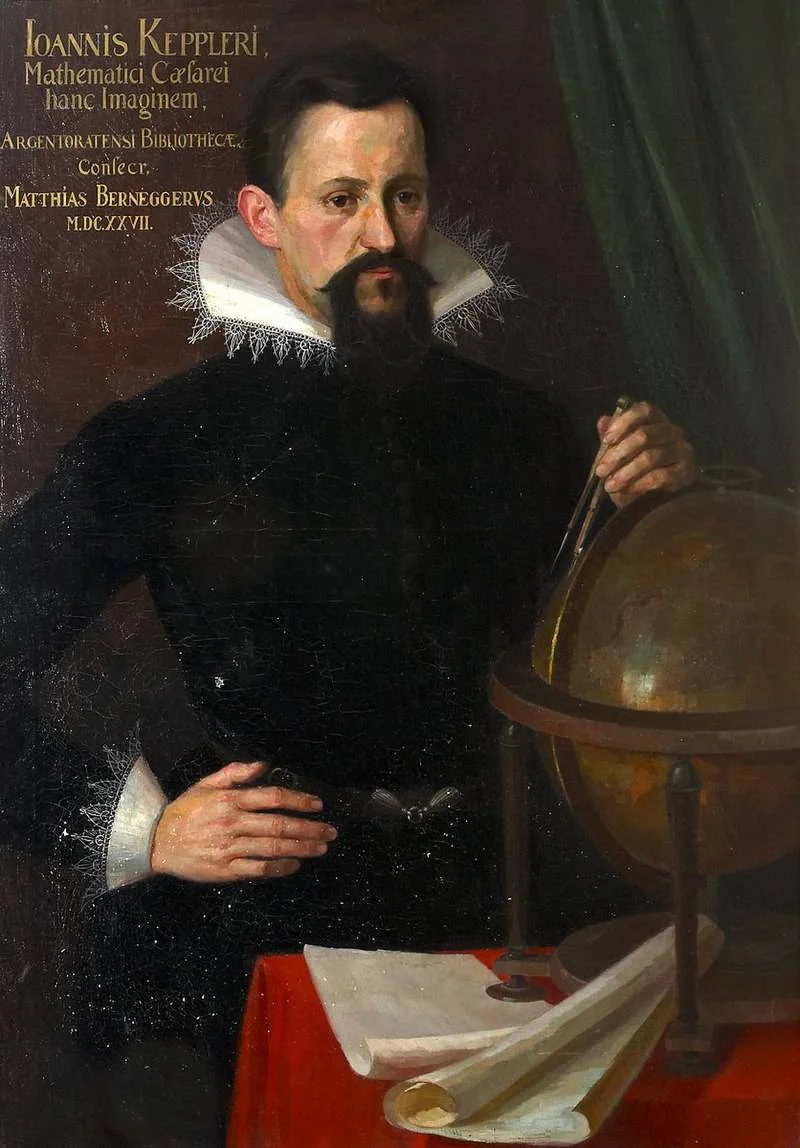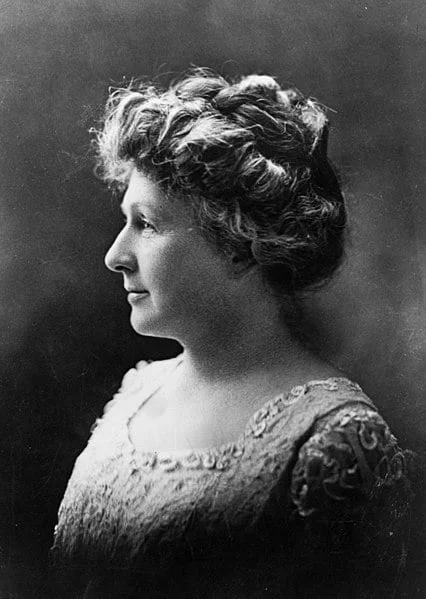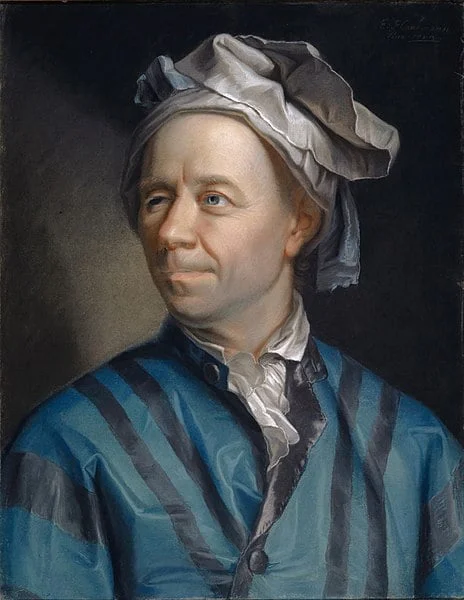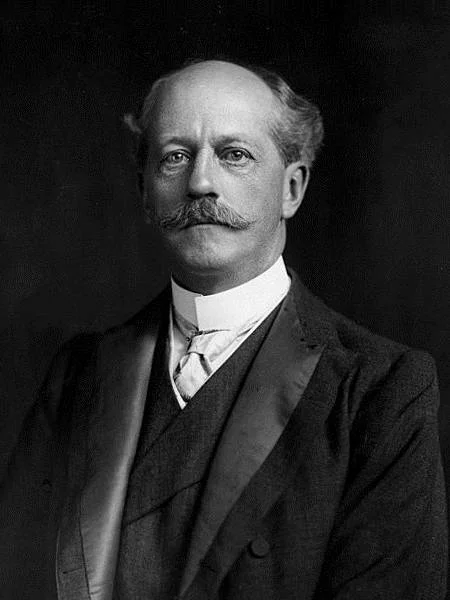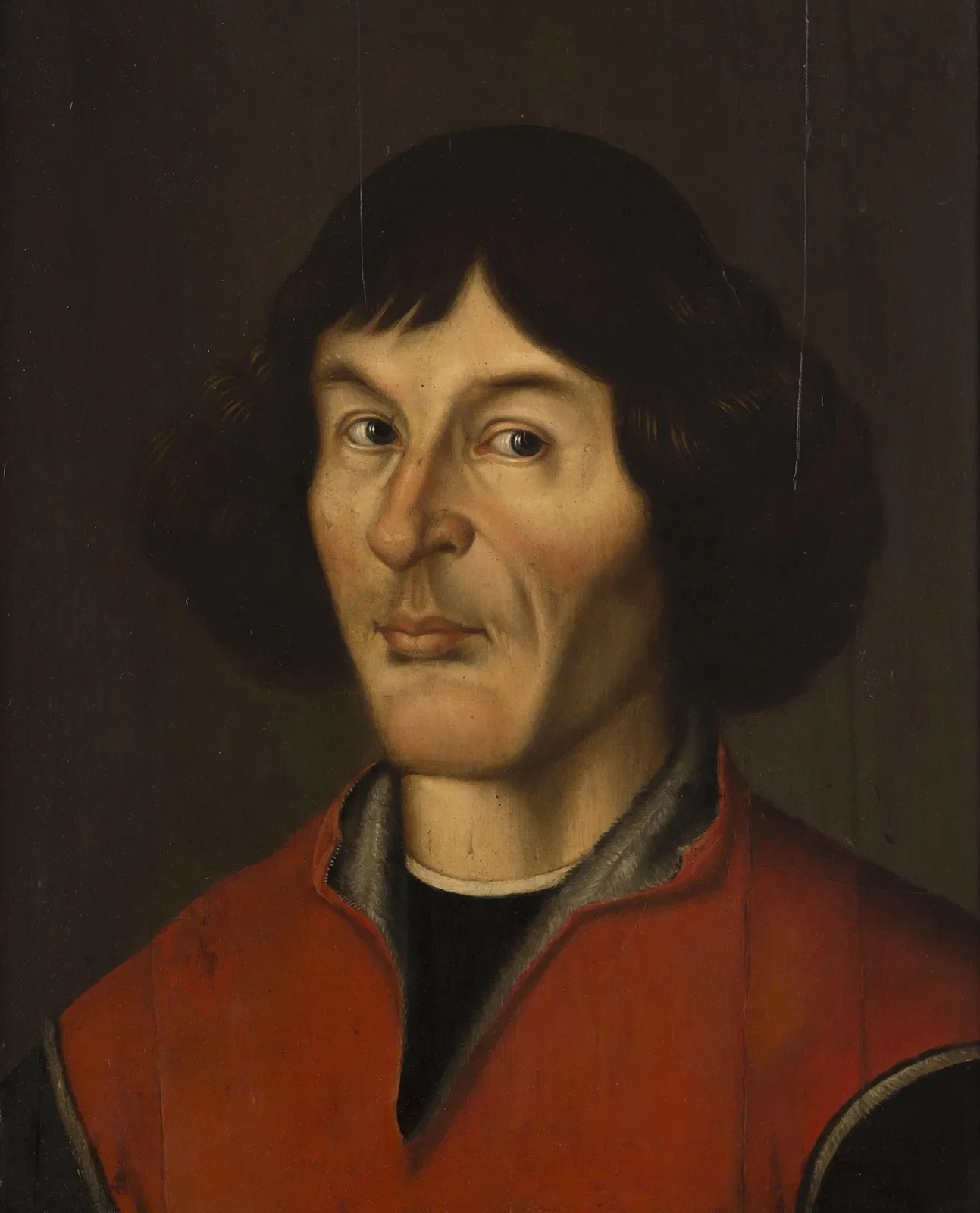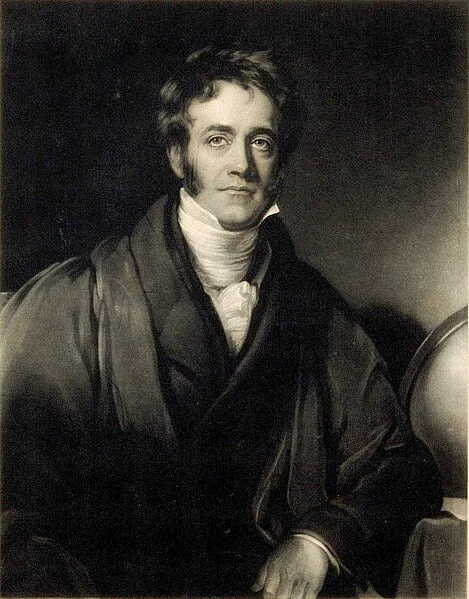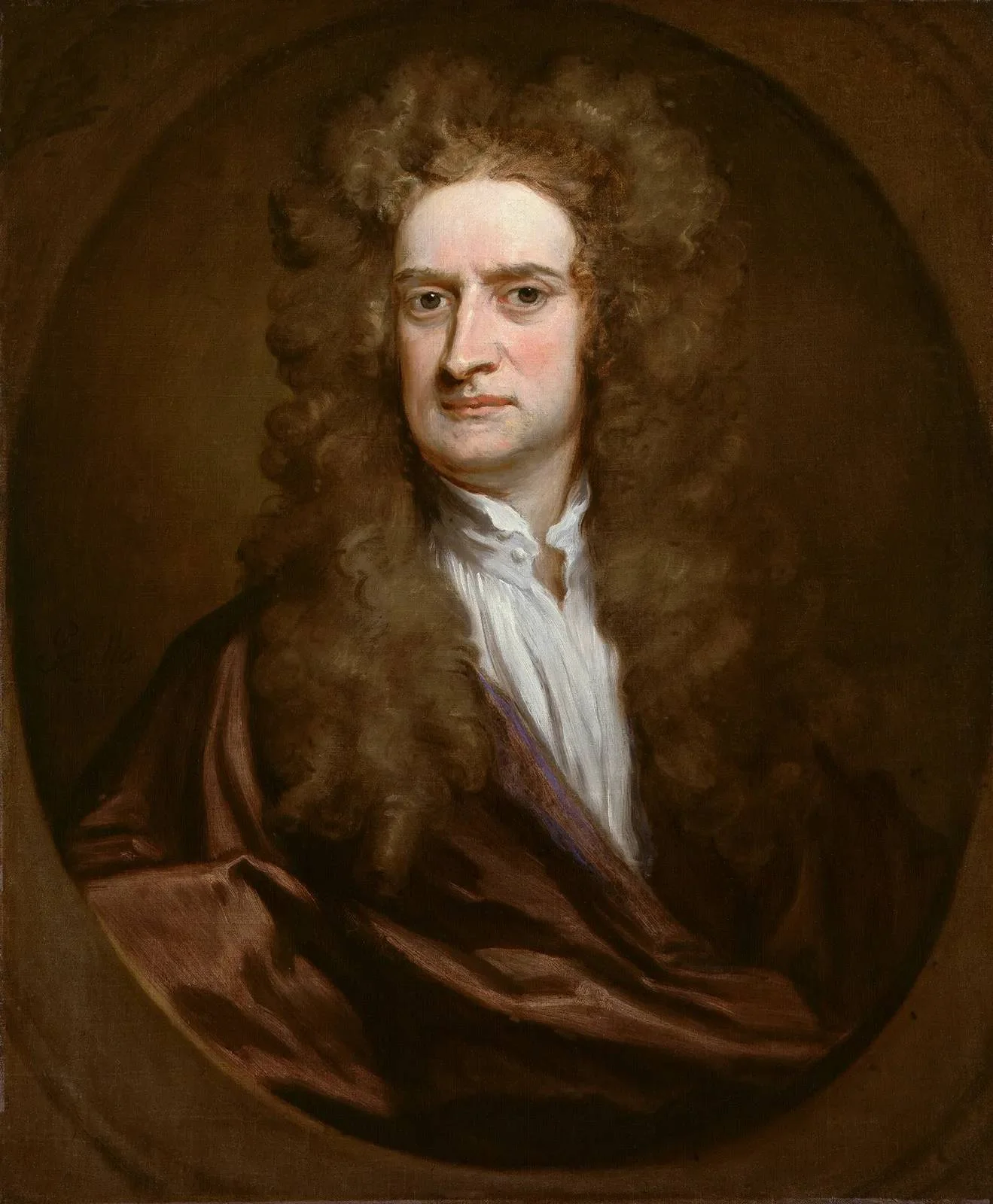Real Celebrities Never Die!
OR
Search For Past Celebrities Whose Birthday You Share
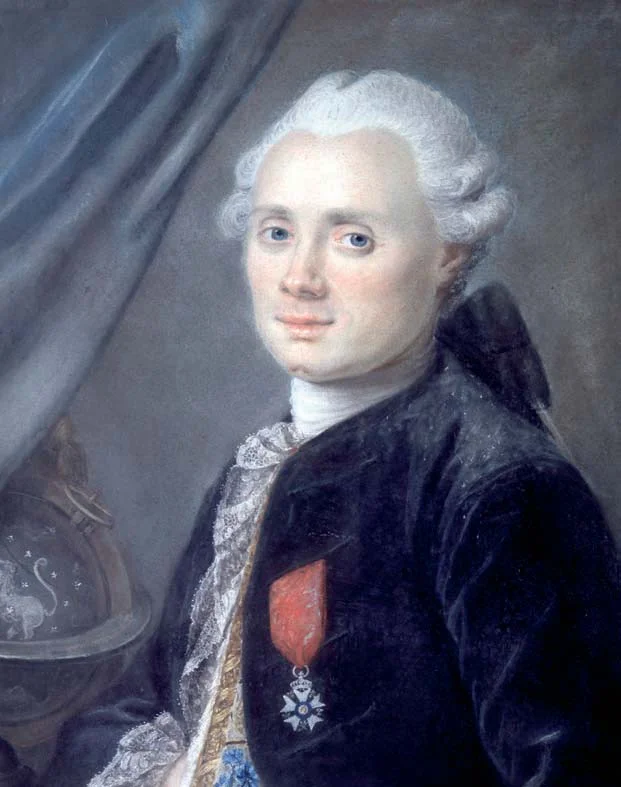
source : wikipedia.
Charles Messier
Birthday:
26 Jun, 1730
Date of Death:
12 Apr, 1817
Cause of death:
Natural causes
Nationality:
French
Famous As:
Astronomer
Age at the time of death:
86
Charles Messier's Quote's
Early Life and Passion for Astronomy
Charles Messier, a renowned astronomer born on June 26, 1730, in Badonviller, France, left an indelible mark on the field of astronomy through his meticulous observations and cataloging of celestial objects. His fascination with the night sky began at an early age, nurtured by his humble upbringing and a natural curiosity about the universe.
Youthful Interest in Mathematics and Astronomy
In his youth, Messier demonstrated a keen interest in mathematics and astronomy, often spending nights gazing at the stars through a small telescope he built himself. He followed his passion for astronomy to Paris, where he served as a draftsman and assistant astronomer at the renowned Paris Observatory, learning under Joseph Nicolas Delisle.
Discovery of Comets and Rise to Fame
Messier’s professional career took off when he discovered his first comet in 1758, a remarkable achievement that earned him recognition within the astronomical community. Over the following years, he became known for his expertise in comet hunting, discovering a total of 13 comets during his lifetime. His meticulous observations of comets and other celestial objects laid the groundwork for his most enduring legacy: the Messier Catalog.
The Creation of the Messier Catalog
In 1771, Charles Messier began compiling a list of nebulous objects that could be mistaken for comets, which often frustrated comet hunters like himself. By meticulously documenting these objects and their positions in the sky, Messier sought to aid fellow astronomers in their search for comets. The resulting catalog, first published in 1774, contained 45 objects, ranging from star clusters and nebulae to galaxies.
Discovery of the Crab Nebula and Other Key Contributions
One of Messier’s most significant achievements was his discovery of the Crab Nebula (Messier 1) in 1758, a supernova remnant located in the constellation Taurus. This discovery, along with his subsequent observations of other nebulous objects, contributed to our understanding of stellar evolution and the formation of galaxies.
Personal Life and Dedication to Astronomy
Beyond his astronomical accomplishments, Charles Messier was known for his amiable personality and dedication to his work. Despite facing personal tragedies, including the loss of his first wife and children, he remained steadfast in his pursuit of scientific knowledge.
Recognition and Legacy
Messier’s contributions to astronomy were recognized during his lifetime, earning him membership in prestigious scientific societies such as the French Academy of Sciences and the Royal Society of London. He received numerous awards and honors for his work, cementing his reputation as one of the leading astronomers of his time.
Final Years and Lasting Impact
Charles Messier passed away on April 12, 1817, at the age of 86, leaving behind a rich legacy that continues to inspire astronomers and enthusiasts to this day. His catalog of celestial objects, known simply as the Messier Catalog, remains an essential tool for astronomers studying the night sky, serving as a testament to his dedication and passion for exploring the cosmos.
Legacy of Curiosity and Discovery
Charles Messier’s life and work exemplify the spirit of scientific inquiry and exploration. From his humble beginnings in rural France to his groundbreaking discoveries and lasting contributions to astronomy, Messier’s legacy endures as a shining beacon of curiosity and discovery in the vast expanse of the universe.
Name:
Charles Messier
Popular Name:
Charles Messier
Gender:
Male
Cause of Death:
Natural causes
Spouse:
Place of Birth:
Badonviller, France
Place of Death:
Paris, France
Occupation / Profession:
Personality Type
Logician: Innovative inventors with an unquenchable thirst for knowledge. His insatiable hunger for knowledge enabled him to make groundbreaking discoveries.
Charles Messier was best known for creating the Messier Catalog, a list of 110 nebulae and star clusters.
He discovered 13 comets during his lifetime, earning him the nickname "The Comet Ferret" from King Louis XV.
Messier's catalog was originally intended to help comet hunters distinguish between permanent deep-sky objects and transient comets.
The Messier Catalog remains one of the most famous and widely used lists in amateur astronomy, and many of its objects are popular targets for observation.
Fellow of the RoAyal Society (1764)
Foreign Member of the Royal Swedish Academy of Sciences (1769)
French Academy of Sciences (1770)
Legion of Honor (1806)

